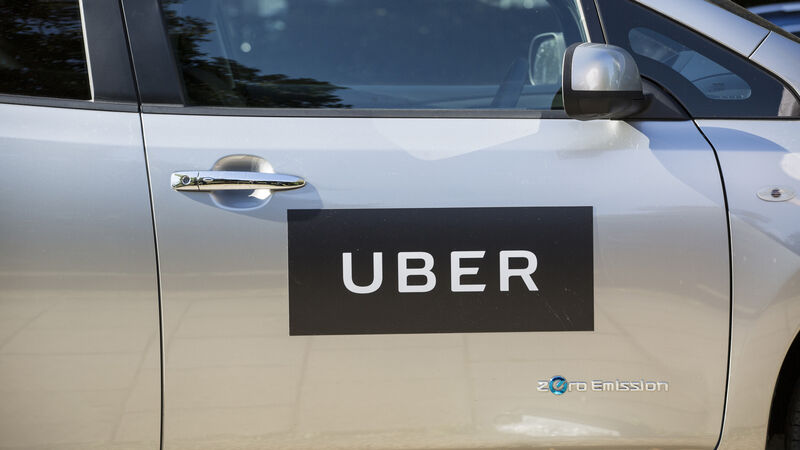Time running out for EU to extend rights to 'exploited' gig economy workers

Uber sits on the corporate advisory group of BusinessEurope, a business association that supports digital platforms' lobbying against the Platform Work Directive. File photo: Laura Dale/PA
The Platform Work Directive (PWD), proposed by the EU Commission in December 2021, provoked platform companies such as Uber and Deliveroo, to vigorously lobby policymakers to ensure that their business model remains untouched.
Following marathon negotiations between the EU Commission, EU Parliament and EU Council a ‘revolutionary’ agreement was produced promising protections for platform workers. All that remained was for Member States to formally ratify the agreement. Hence, there remained a last-ditch opportunity for platform companies to lobby and ensure the PWD is derailed.













